A training course for advisors “How to be a better Policy Advisor” and a special workshop “Experience of
The special workshop “Experience of Slovak Schools and Institutions in advising the Slovak Government in Public Administration Reforms” was led by five Slovak experts – Juraj Nemec, Peter Bercik, Peter Kuklis, Katarina Staronova and Milan Bucek. During the 1-day seminar the following topics were discussed: Public Administration Reform and Public Policy Making in
The training course "How to be a better Policy Advisor" was led by an international team of NISPAcee trainers – Katarina Staronova (Slovak Republic), Rodica Bombonica Dudau (Romania) and Alfredas Chmieliauskas (Lithuania).
During the training course, I had a unique opportunity to have a complete overview of policy advising and some real experiences of the
From my point of view, the training course was a great opportunity, especially in the areas of policy cycle, the skills of a good adviser and adviser versus researcher. Perhaps I had heard some of these concepts before, but the training helped me to reorganise my thinking. The Slovak experience is also a good example for me, as a citizen of
Elira Jorgoni, Albania
I work as a consultant and have, as clients, governmental institutions; advising them is a very complex issue. During my 4-5 years’work in the field I have learned much from good and bad experiences in implementing project activities. Managing relations with stakeholders and their interests was very well explained during the training session. It is very interesting work, which I enjoy, and acting as a consultant I often find myself in complex situations. The training helped me to think about those situations and to analyse them from a broader perspective.
In my country, the position of adviser refers mainly to political advisers. Advice is very limited in this field. I found the training very interesting, in particular, all we learned about consultants and advisors.
This was an excellent choice of topic which replied to the very direct need of the countries participating; a very good training module and excellent trainers.
Zarije Seizovic, Bosnia and Herzegovina
I found the course programme crucial for enhancing my consultant skills. I also consider the manual "How to be Better Policy Advisor" a very useful guide for future endeavors and the entire exercise was very well organised and carried out.
Marjan Nikolov,
I view the workshop on how to be a better policy advisor as being a tool to reach the goals of my think tank (the Center for Economic Analyses - CEA); to establish a sustainable think tank that will be a permanent institution providing outstanding intellectual capacities and resources to conduct analyses for government and non-government clients, and to create a demand for those services that ensures Macedonia has the capability to properly support policy analysis. The program I attended in
Participants
Mr. Gelaj Aranit, Albania
Mr. Dushallari Eugen, Albania
Mrs. Selenica Blerta, Albania
Mr. Dollani Petrit, Albania
Ms. Jorgoni Elira, Albania
Ms. Sakic Nejla, Bosnia and Herzegovina
Ms. Obradovic Nikolina, Bosnia and Herzegovina
Ms. Latinovic Dunja, Bosnia and Herzegovina
Ms.
Mr.
Ms.
Mr. Daskalovski Zidas,
Ms. Nasokovska Marija,
Mr. Lazarevik Vladimir,
Mrs. Alceva Peslikoska Biljana,
Mr. Nikolov Marjan,
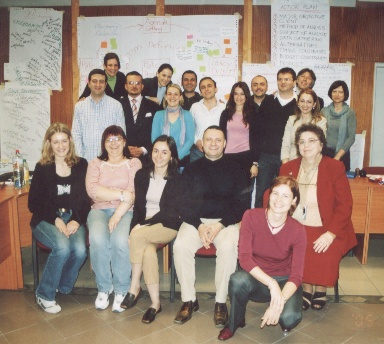
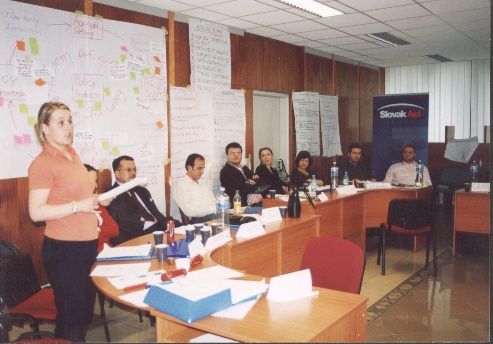
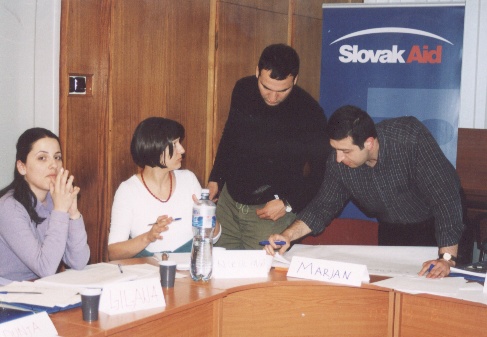
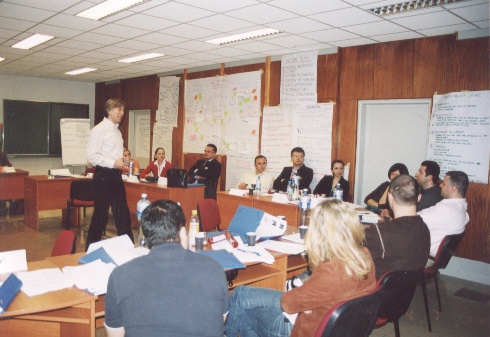
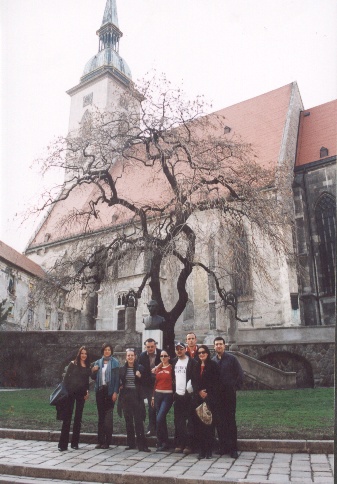




 Price:
Price: 








